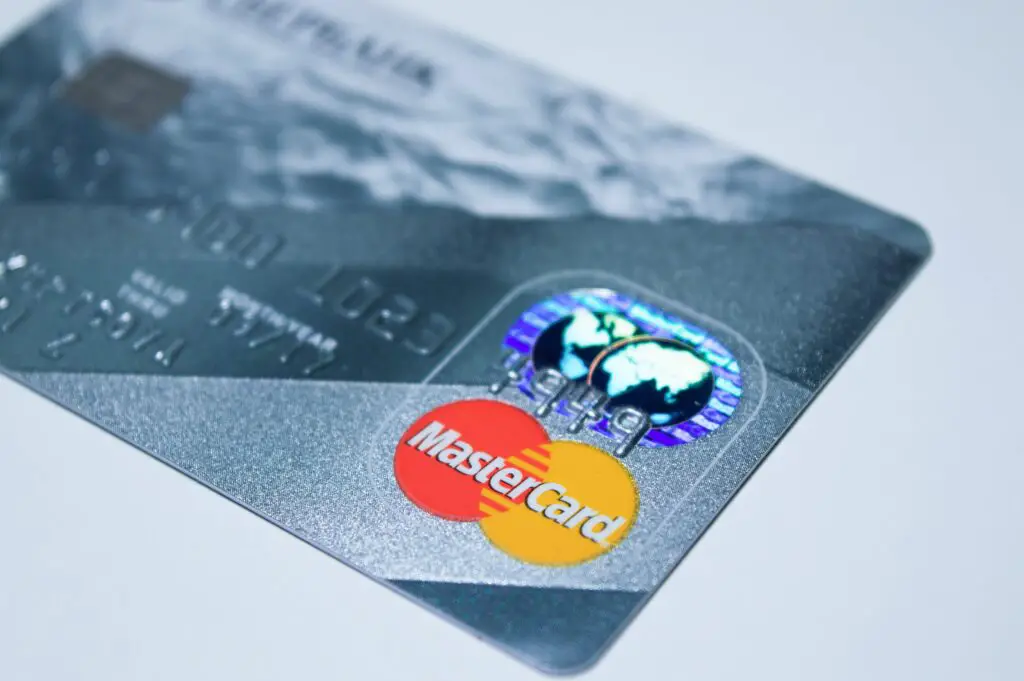Unraveling the Security Tapestry:
Credit Cards vs. Debit Cards
In the digital age, where financial transactions dance across invisible wires, the question of security looms large. Among the myriad options available to consumers, the perennial debate stands tall: are credit cards safer than debit cards? In the labyrinth of electronic commerce, this inquiry beckons a nuanced exploration, unraveling the layers of security that enshroud these plastic gatekeepers. Let us embark on a journey through the mists of financial technology, deciphering the cryptic codes that govern the safety of our monetary exchanges.

The Shield of Fraud Protection:
Credit cards emerge as knights in shining armor, wielding the sword of fraud protection with unmatched finesse. In the battlefield of financial transactions, the chargeback feature stands as an impregnable fortress, shielding cardholders from the arrows of unauthorized purchases. Picture this: a clandestine digital marauder breaches the gates of your financial citadel, unleashing a barrage of deceitful transactions. A credit card, akin to a vigilant guardian, allows you to summon the chargeback spell, obliterating the malevolent charges with a swift stroke. This ethereal power, unique to credit cards, transforms the realm of vulnerability into one where the consumer wields unprecedented control.
On the opposing side of the spectrum, debit cards wield a more rudimentary shield. While they too offer fraud protection, the mechanisms are not as elaborate as their credit-bearing counterparts. The caveat lies in the time it takes to recover the lost funds. Debit cards may require a more intricate dance with the financial institution, an intricate minuet that delays the restoration of your pilfered treasures. In the grand symphony of security, credit cards conduct a crescendo of protection, drowning out the dissonance of fraudulent activity with swifter, more harmonious resolutions.
The Intricacies of Liability:
As we traverse the labyrinthine corridors of financial responsibility, the divergence between credit and debit cards unravels. Credit cards, like majestic eagles soaring above the fiscal landscape, offer a sanctuary of limited liability. In the unlikely event that a nefarious agent seizes control of your financial realms, the legal shackles on your monetary obligations remain surprisingly lenient. A mere pittance, often capped at $50, is the toll for your financial liberation. This paltry sum, a mere pebble in the vast river of potential losses, illustrates the leniency with which credit cards treat their custodians.
Conversely, debit cards beckon us into the dimly lit corridors of more stringent liability. Picture a scenario where the financial parapets crumble, and your debit card becomes the gateway for uninvited intruders. In this somber realm, your liability amplifies, a toll far weightier than the feather-light burden borne by credit card wielders. The symphony of responsibility, when orchestrated by a debit card, resonates with a deeper, more resonant chord, urging the consumer to tread with circumspection along the precipice of digital transactions.
The Cryptic World of Credit Score:
As we delve deeper into the subterranean recesses of financial nuances, the shadowy figure of the credit score emerges. A tapestry woven from the threads of fiscal responsibility, this numerical enigma holds sway over credit card holders with an imperious air. Credit cards, in their symbiotic dance with credit scores, bestow upon their wielders a key to the chambers of financial prosperity. A judicious employment of credit, a delicate ballet of timely payments, opens portals to low interest rates and grander financial possibilities. The credit card, akin to an arcane wand, allows its possessor to conjure a formidable credit score, a companion that whispers sweet promises of fiscal freedom.
Debit cards, while potent in their own right, remain aloof from this dance of credit scores. The absence of a credit connection leaves debit card wielders in a shadowy realm, shielded from the tantalizing allure of credit-driven opportunities. The credit score, a spectral guide through the labyrinth of financial ascension, remains elusive, an arcane secret entrusted only to the disciples of credit card sorcery. In this cryptic world, the choice between plastic companions becomes not just a matter of security but also a pilgrimage through the landscapes of credit-driven destiny.
The Dance of Cashback and Rewards:
In the grand ballroom of financial indulgence, credit cards sweep across the floor with a regal flourish, donned in the luxurious robes of cashback and rewards. The allure of earning while spending, a siren’s call that echoes through the halls of consumerism, entices credit card enthusiasts into a dance of opulence. A judicious selection of credit cards transforms mundane transactions into a symphony of accumulating rewards, a crescendo that crescendos with every swipe. The prospect of cashback and rewards, a hedonistic indulgence, beckons credit card aficionados into a realm where financial transactions metamorphose into an art form.
Debit cards, in contrast, tread a more austere path through this grand ballroom. The dance of cashback and rewards, an opulent affair embraced by credit cards, remains a distant melody for the wielders of debit cards. The absence of this tantalizing incentive transforms the transactional tango into a more pragmatic waltz. The allure of financial perks, a tapestry woven with the golden threads of credit card indulgence, stands as a testament to the divergent destinies that unfold in the dance of plastic currency.
In the grand tapestry of financial security, the choice between credit cards and debit cards is not a mere binary, but a nuanced exploration of the intricate threads that compose the fabric of our monetary interactions. Each plastic emissary carries its unique strengths and vulnerabilities, orchestrating a symphony of fiscal transactions that resonate with the cadence of consumer choice. As we navigate the digital realms, the question lingers: in this dance of security, which plastic partner shall be your trusted companion? The answer, a harmonious melody echoing through the corridors of financial consciousness, remains shrouded in the mystique of individual preference and circumstance.

